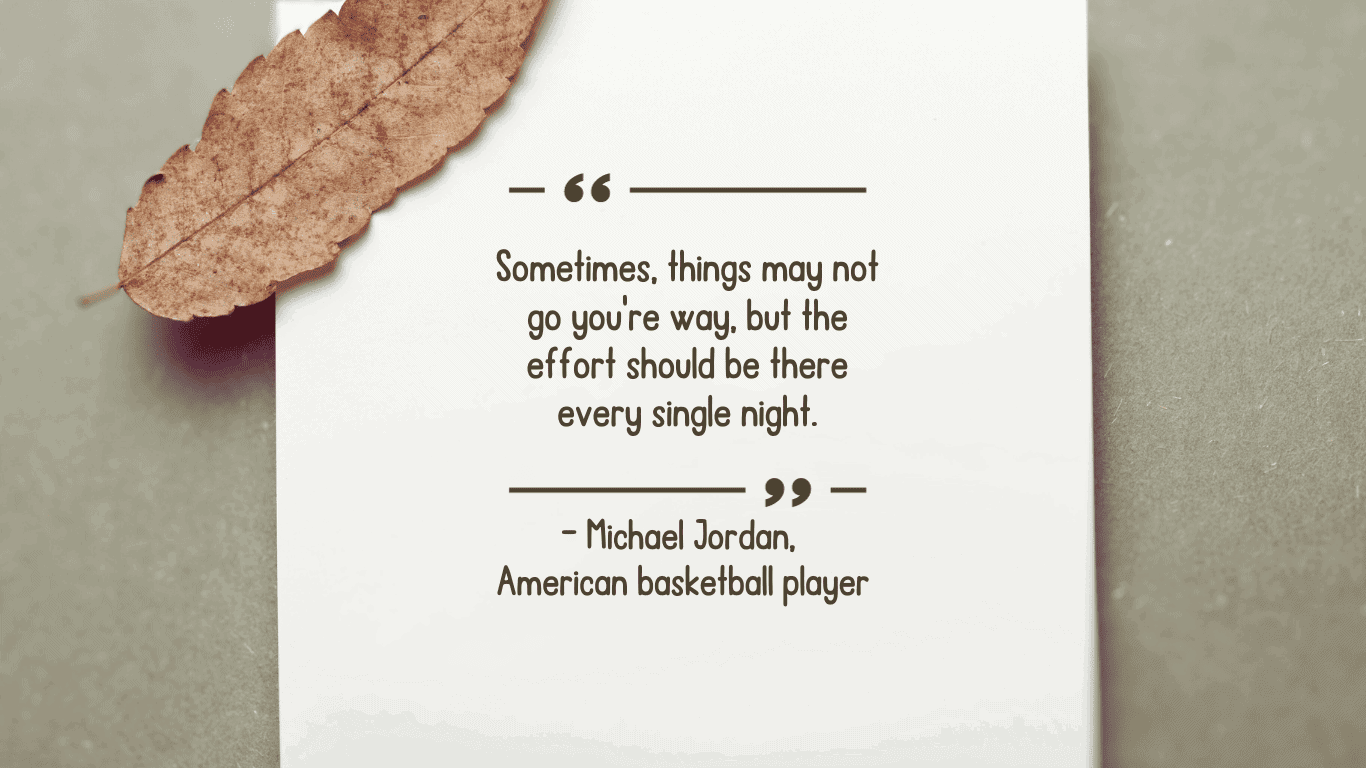Imagine waking up on the same day, over and over again. This intriguing concept isn’t just a fantasy; it was brilliantly depicted in the 1993 American comedy, “Groundhog Day.” In this film, we meet Phil Connors, a TV broadcaster, and his producer Rita and cameraman Larry. Assigned to cover the Groundhog Day festivities in Pennsylvania, their routine assignment takes an unexpected turn. A snowstorm forces them to spend another night in town, but the real twist comes the following day.
Phil is trapped in a bizarre time loop, reliving the same day repeatedly. The same song on the radio, the same events unfolding, yet he’s the only one aware of this endless cycle. As Phil navigates this surreal experience, his attempts to woo Rita become a journey of self-discovery and transformation. It’s a tale of how repeating the same day reshapes a man’s life.
This film struck a chord with me, not just for its humor and fantasy but for its profound reflection on our daily lives. Aren’t most of our days strikingly similar? We wake up at the same time, follow our routine, and rush off to our commitments. But here’s a thought – what if we, like Phil, could use each day as an opportunity to tweak, adjust, and improve?
This brings us to a pivotal question: Are we just letting the days roll by in a monotonous loop, or are we seizing each one to grow, achieve our goals, and master the art of time management skills? In this blog, let’s explore how we can break free from our own ‘Groundhog Day’ and become the heroes of our time, not its prisoners. Join me on this journey of transforming our everyday routines into a path of productivity and self-improvement, leveraging our time management skills.
Below, you’ll find critical aspects of daily life that significantly impact our ability to master time and live productively. For each statement, could you reflect on your typical day and consider how often you embody these practices? Instead of a simple yes or no, think about examples from your life that illustrate your approach to these habits.
Morning Routine: Awakening with Intention
Reflection Point: How consistently do you wake up with a clear plan for your day? Consider whether your morning routine sets a positive tone for the rest of your day.
Energy Management: Aligning Tasks with Your Internal Clock
Reflection Point: Do you schedule your most challenging tasks for when you’re at your peak energy? Reflect on how this alignment (or lack thereof) affects your productivity.
Preparation Habits: The Night Before
Reflection Point: How often do you prepare for the next day the night before? This could be as simple as setting out your clothes or as detailed as creating a to-do list.
Email Management: Prioritizing Focus
Reflection Point: Do you dive into your emails first thing in the morning or prioritize more important tasks? Think about how this choice impacts the start of your day.
Distraction Control: Maintaining Focus
Reflection Point: Consider how effectively you manage distractions, especially from your phone. Does this approach help you maintain focus, or are there areas for improvement?Reflection Point: Consider how effectively you manage distractions, especially from your phone. Does this approach help you maintain focus, or are there areas for improvement?
Work Environment: Crafting Your Space
Reflection Point: Reflect on whether your work environment is designed to help you stay focused. Does it contribute to or jeopardize your productivity?
Posture and Physical Health: Supporting Your Body
Reflection Point: How much attention do you pay to your posture and physical health during work hours? Consider how this affects your energy and focus.
Eating Habits: Nourishing Your Productivity
Reflection Point: Consider whether your eating habits (like meal timing and choices) support or hinder your productivity.
Morning Ritual: Starting Your Day Right
Reflection Point: Do you have a specific activity that kickstarts your day effectively? Reflect on how this ritual influences your readiness and attitude for the day ahead.
Reflection on Productivity: Embracing Continuous Improvement
Reflection Point: How regularly do you reflect on and adjust your habits to improve productivity? Consider the impact of this reflection on your personal growth and efficiency.
This exercise isn’t just about identifying what you’re already doing well; it’s also about uncovering opportunities for growth and improvement. By actively reflecting on these aspects of your daily routine, you can begin to make intentional, meaningful changes that align with your goals and aspirations.
We all either make good use of time or let it slip away. Once we understand this, we can look for better ways to manage our day-to-day tasks and habits. Here are some simple yet effective tips to help you get more from your days.

Improving Your Time Management Skills: A Daily Guide
Productivity tip #1 – Cultivate an Empowering Morning Routine
Begin your day with activities that energize and focus your mind, such as a short walk, reading, enjoying a cup of tea, or spending a few minutes stretching. The goal is to establish a morning ritual that signals your brain that it’s time to be productive. Please also read Kickstart your day with a motivational quote for success!
Productivity tip #2 – Align Your Work with Natural Energy Flows
Structure your day with insights from your energy management reflections. If you’re a morning person, tackle creative and demanding tasks early. Night owls might reserve brainstorming and strategic planning for later when they feel more alert and inspired.
Productivity tip #3 – Prepare Your Workspace the Night Before
Establish a nightly ritual to prepare your work environment for the following day, including clearing your desk, arranging necessary tools and documents, and organizing your task list. A well-prepared space can significantly diminish morning friction and improve focus.
Productivity tip #4 – Set Boundaries for Email and Communication
Allocate specific daily slots to manage emails and messages, avoiding continuous disruptions. Delay accessing your inbox until after accomplishing the most important tasks of the morning. For instance, a graphic designer may dedicate the early hours to creative projects without the interference of email notifications. You can read more about 20 Bad Work Habits and How to Fix Them.
Productivity tip #5 – Start Working Before Feeling Motivated
Don’t wait for inspiration; begin your tasks, and often the motivation will follow. A writer, for instance, might start writing even when not feeling inspired, as the process itself can spark creativity.
Productivity tip #6 – Embrace Single-Tasking
Focus on one task at a time, giving it your full attention until completion. This approach is more effective than multitasking, which can dilute focus and reduce the quality of your work. Use techniques like the Pomodoro Technique to encourage short bursts of concentrated effort, followed by brief breaks.
Productivity tip #7 – Prioritize Key Tasks
Begin your day with priority tasks to maximize energy and focus, like a financial analyst analyzing critical data first.
Use the Eisenhower Matrix for differentiating urgent and important tasks, aiding in strategic decision-making.
Apply the 80/20 Rule to target efforts on tasks that deliver the most results, such as a sales professional concentrating on top clients for maximum sales efficiency.
Find shortcuts for repetitive tasks to save time.
Productivity tip #8 – Segment Tasks into Manageable Units
Break down larger tasks into smaller, more manageable steps to transform daunting tasks into more achievable ones. A project manager, for example, could segment a large project into smaller phases, tackling each phase individually for better manageability.
Productivity tip #9 – Create a Personalized Work Environment
Tailor your workspace to support concentration and comfort by investing in ergonomic furniture, noise-canceling headphones, or adding plants or artwork that inspires you.
Productivity tip #10 – Practice Mindful Eating and Hydration
Listen to your body’s needs by staying hydrated and choosing nutritious foods that fuel your energy throughout the day. Avoid heavy meals leading to energy slumps, especially during critical work hours. Try implementing a delayed eating schedule, like intermittent fasting, to concentrate on morning tasks. For example, a software developer might focus on coding during the morning and then enjoy a well-deserved lunch as a reward.
Productivity tip #11 – Incorporate Physical Movement into Your Routine
Regular physical activity, even short walks or stretching sessions, can boost mood, energy, and mental clarity. Schedule breaks specifically for movement to invigorate your body and refresh your mind.
Productivity tip #12 – Develop a Habit of Regular Reflection and Adjustment
End each day with a brief reflection on what went well and what could be improved. Use this insight to adjust your plans and strategies for the following day, fostering a mindset of continuous improvement.
Productivity tip #13 – Foster a Growth Mindset
Embrace challenges and setbacks as opportunities for learning and growth. Cultivating a positive attitude towards personal development can motivate you to persist in your efforts and explore new productivity and time management strategies.

In the film “Groundhog Day,” Phil Connors’ experience of reliving the same day provides a powerful metaphor for personal growth through consistency and routine. Each repeated day offers Phil a chance to refine his actions and evolve, showcasing the transformative power of daily improvements.
By applying similar strategies in our lives, such as prioritizing tasks, establishing morning rituals, and minimizing distractions, we can harness our time management skills more effectively and steer our lives toward meaningful achievements.
Phil’s transformation from a passive observer to an active participant in his life reminds us of our control over time. Inspired by his journey, let’s focus on creating intentional, productive routines. This approach will free us from our cycles of repetition and enable us to achieve our goals and aspirations.
“Groundhog Day” is more than a story; it’s a lesson in making every day count by being deliberate with our actions and choices.
By sharing my strategies and personal experiences, you will also find ways to break free from your cycles of repetition and achieve your goals and aspirations. Let’s not just tick with the clock but give our days a productive kick, becoming the masters of our time management skills and the heroes of our stories.






